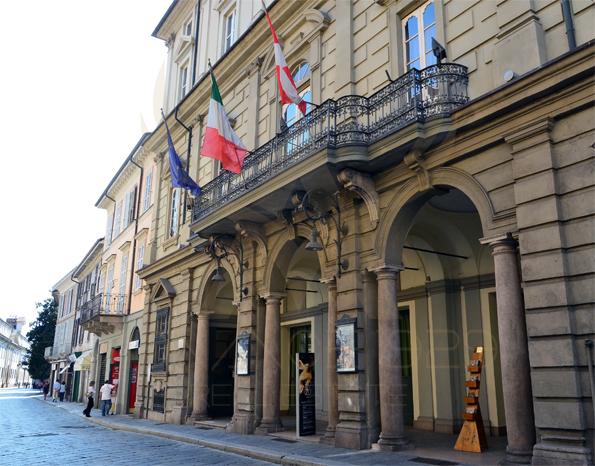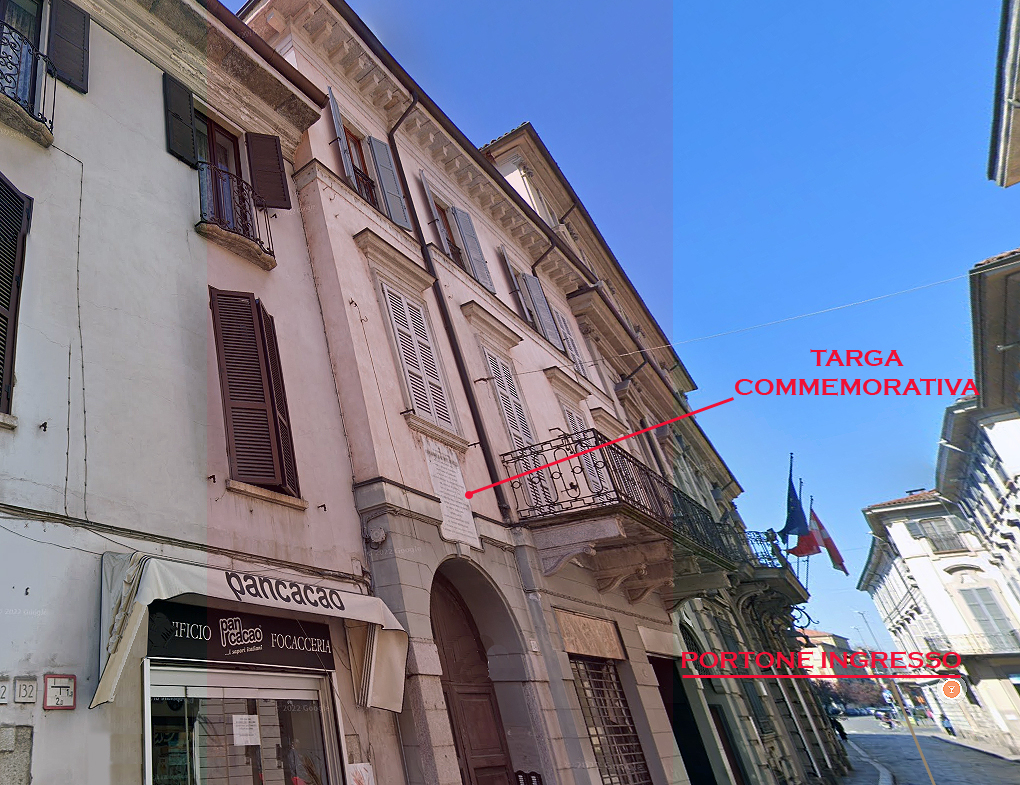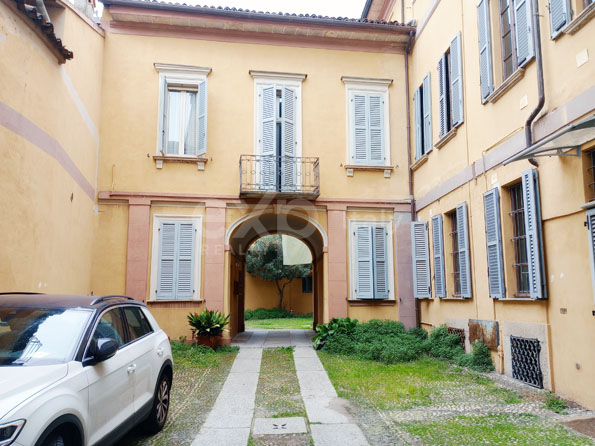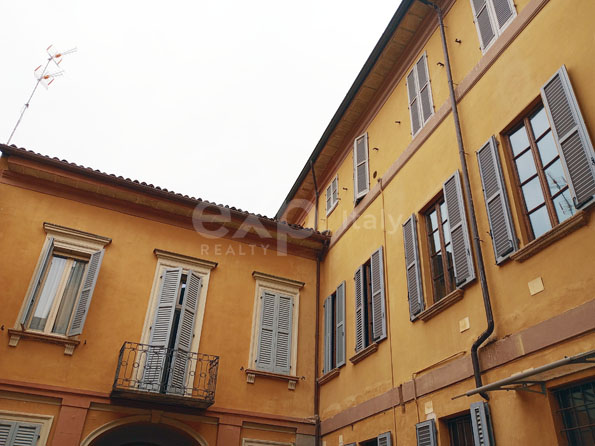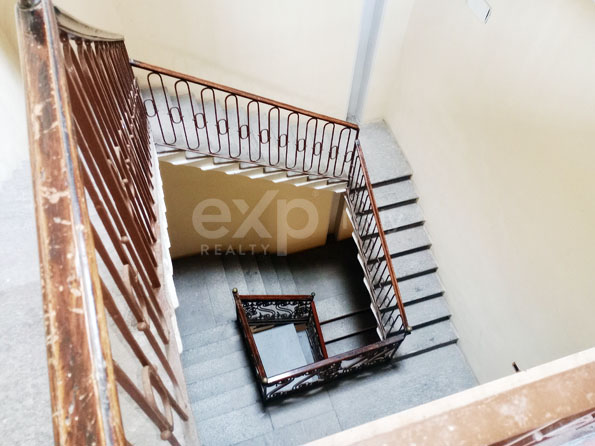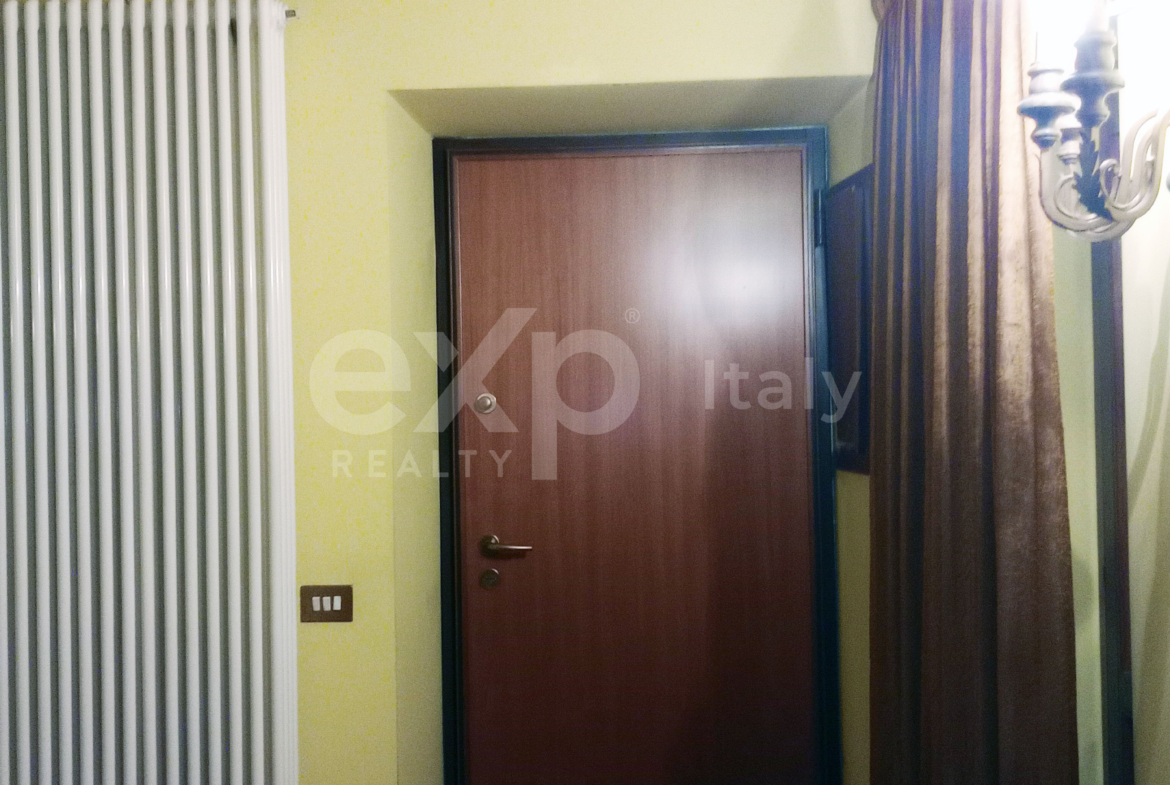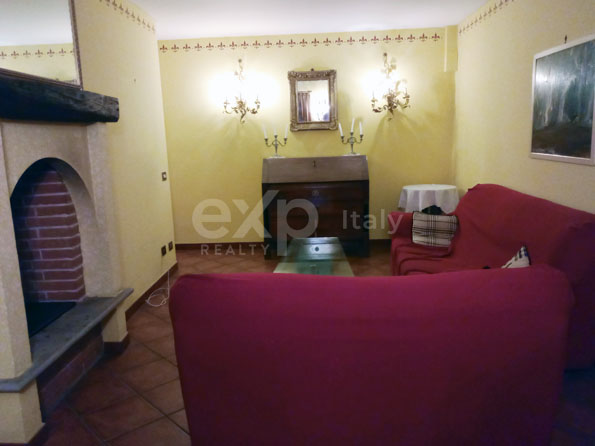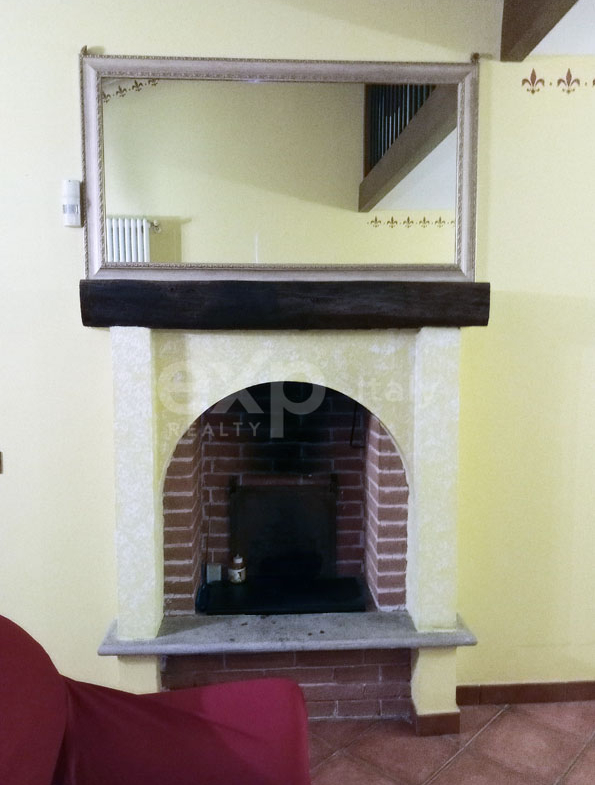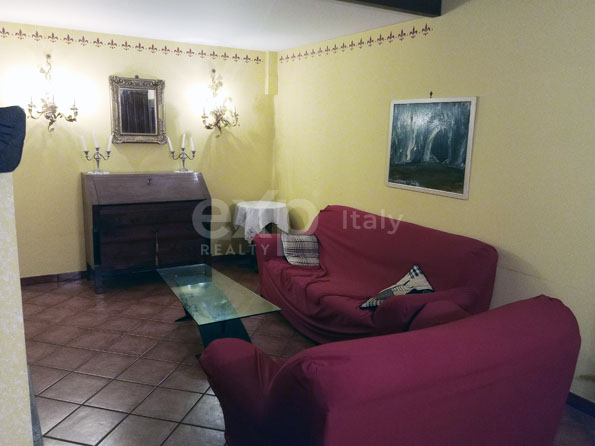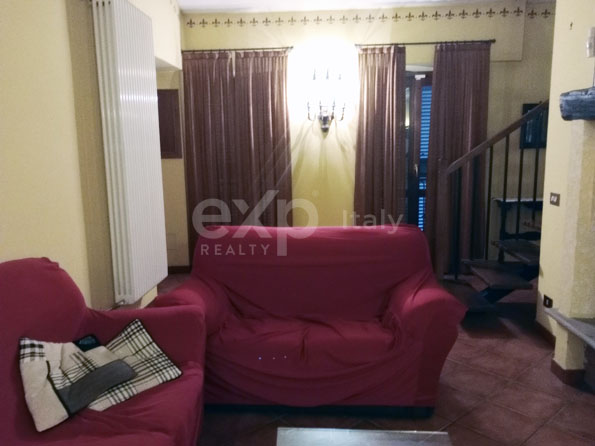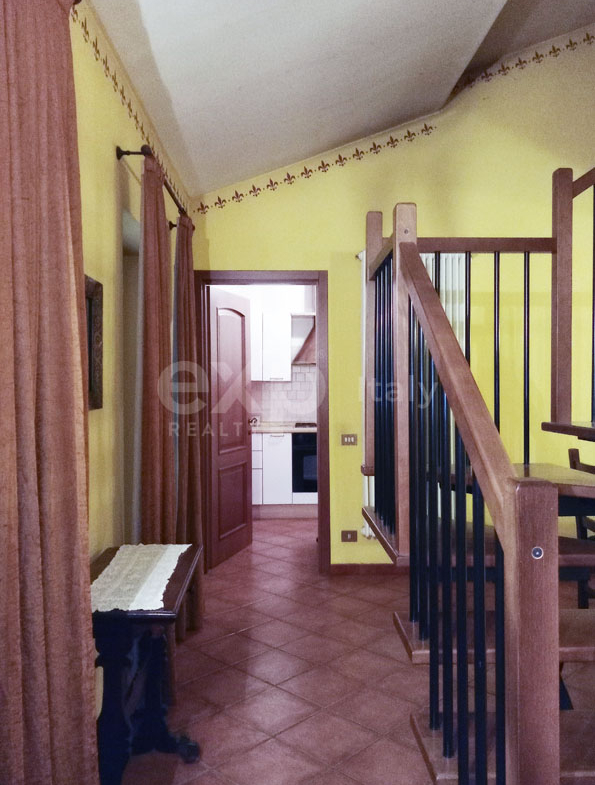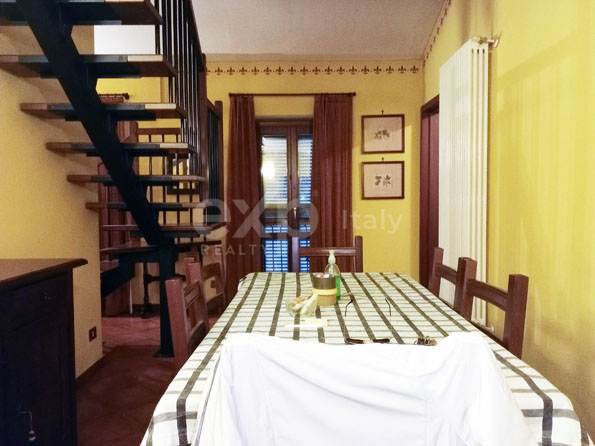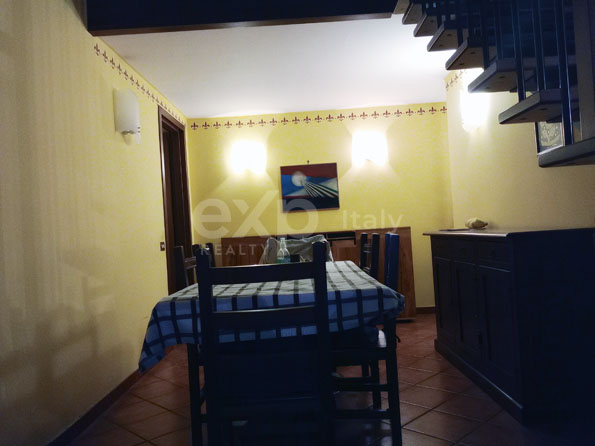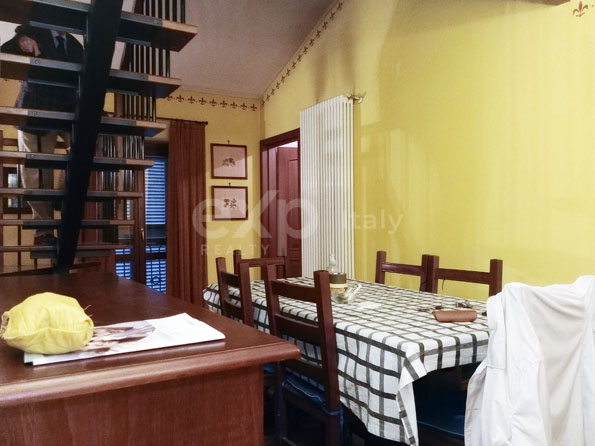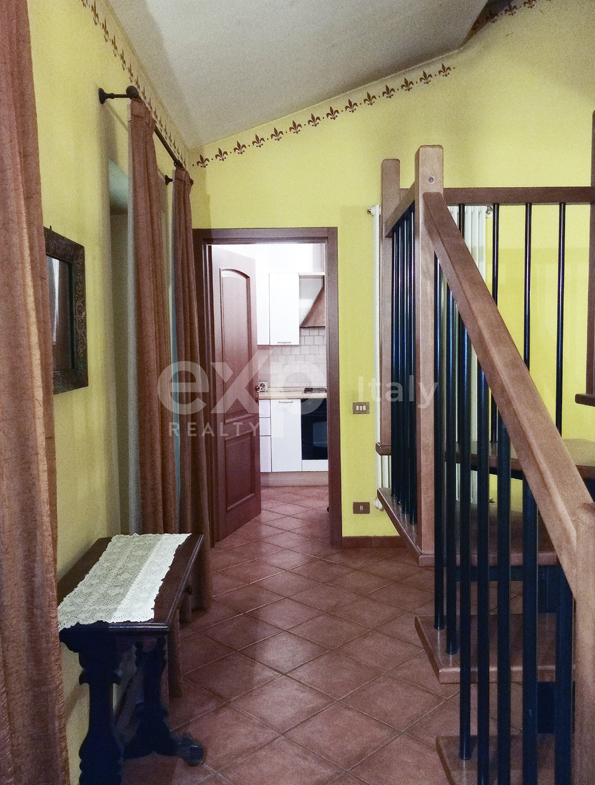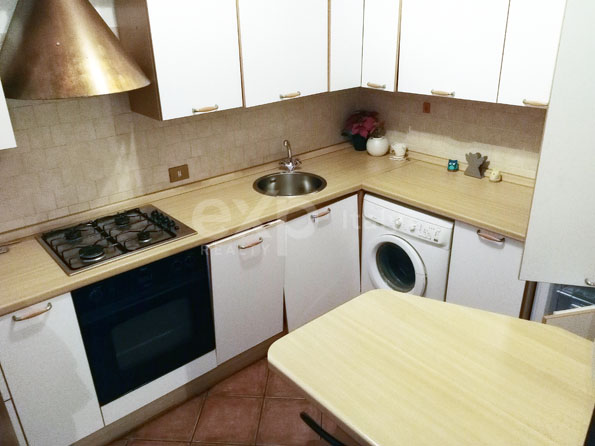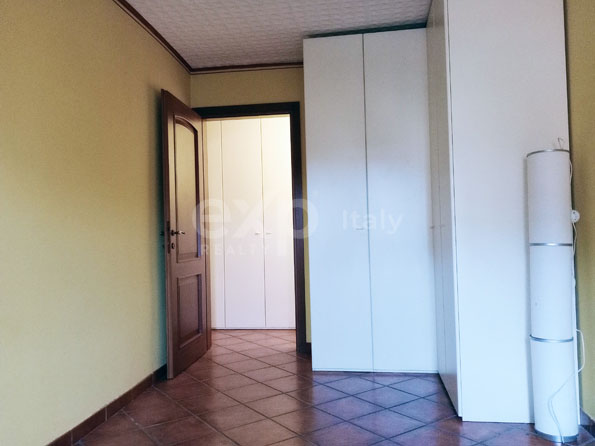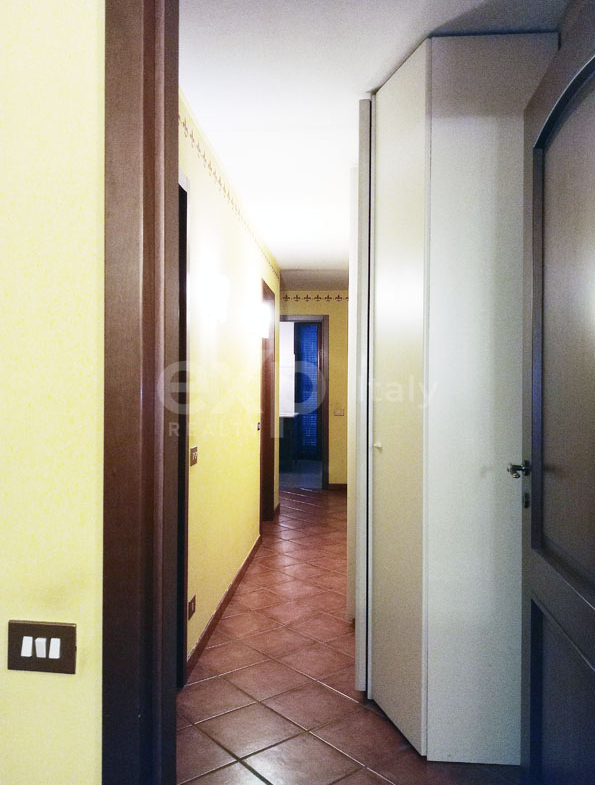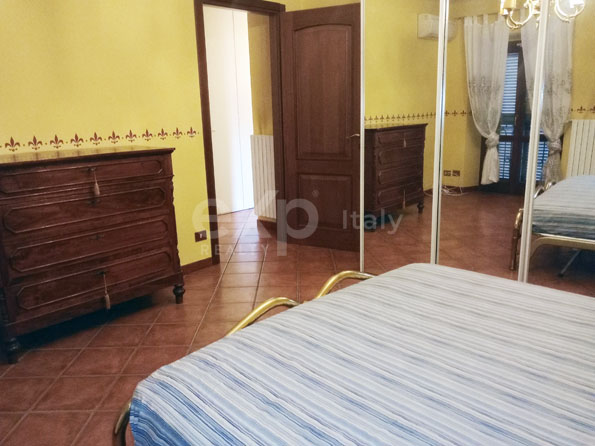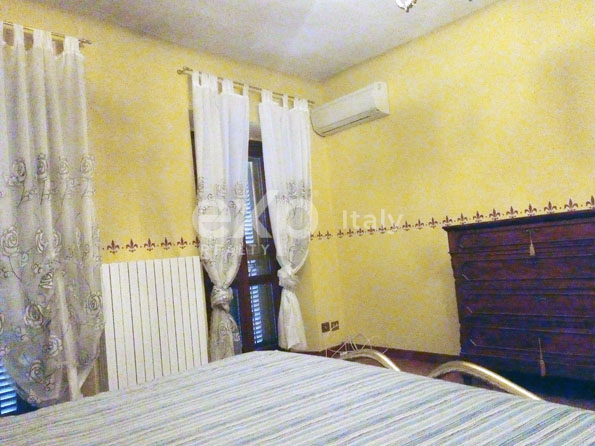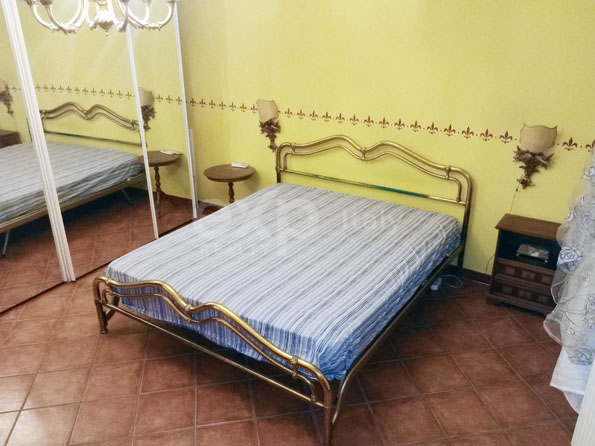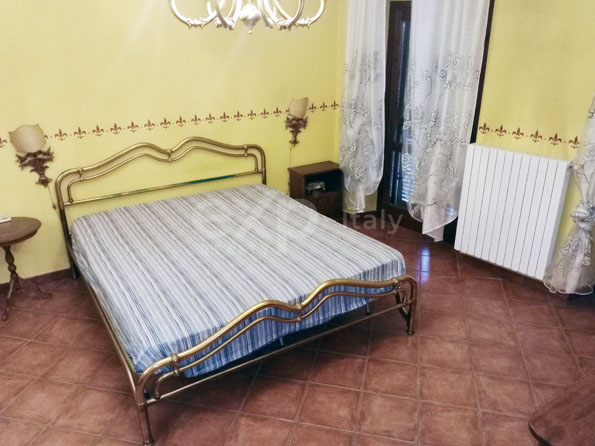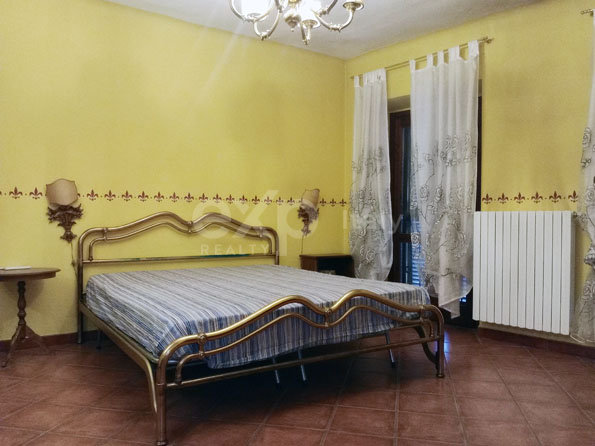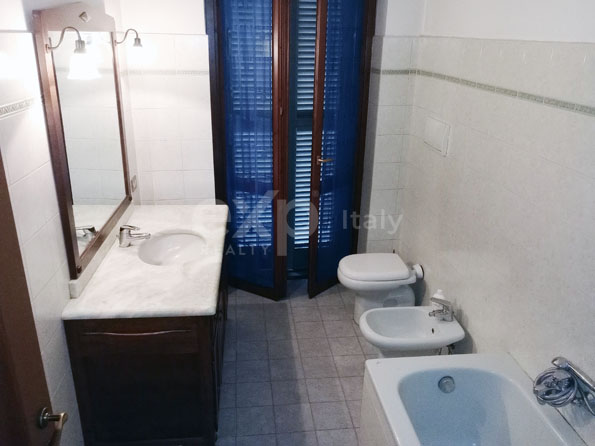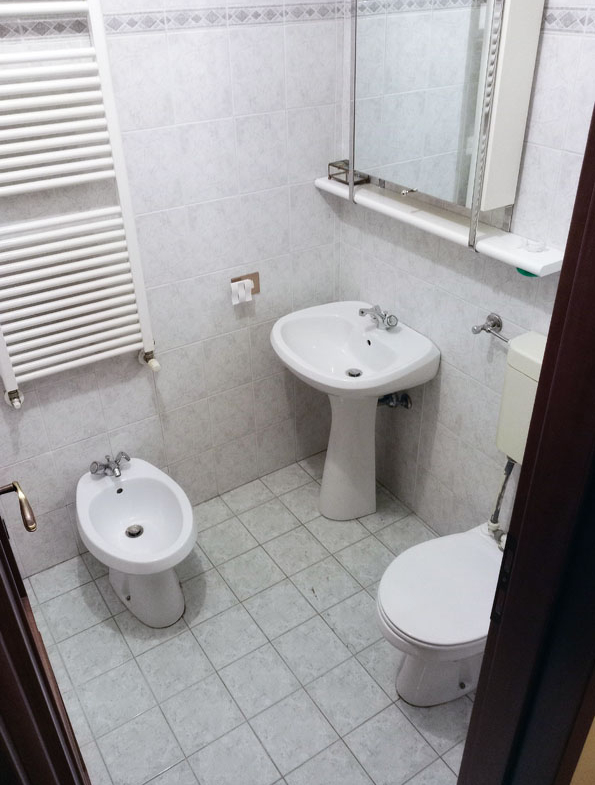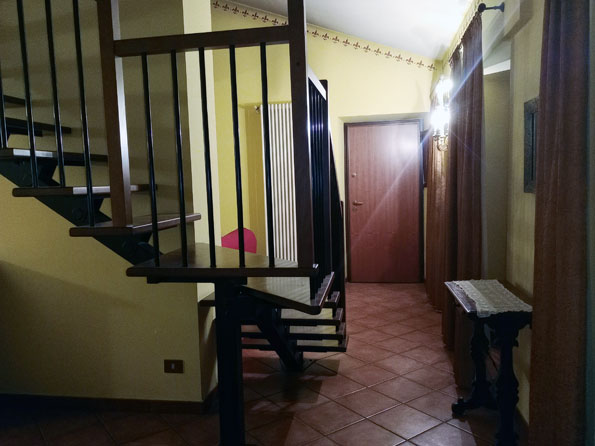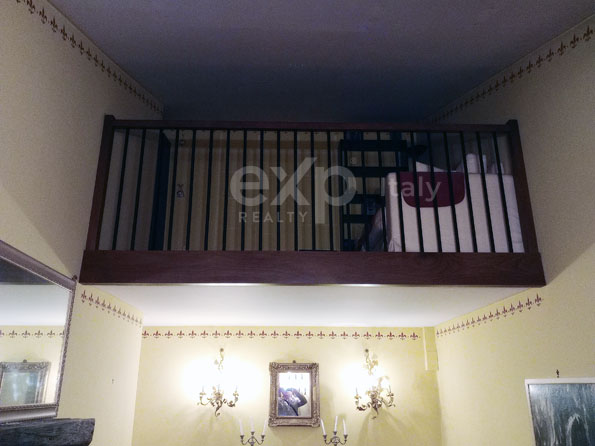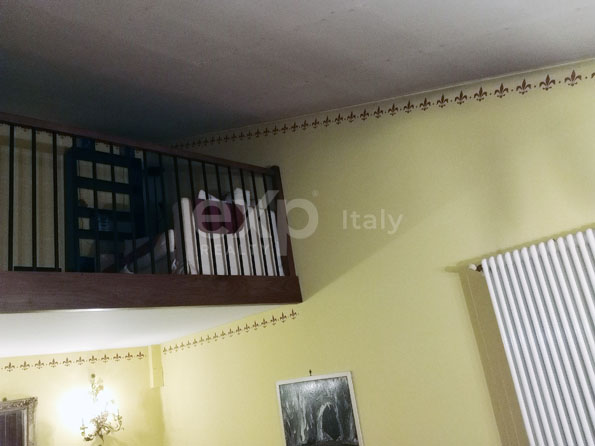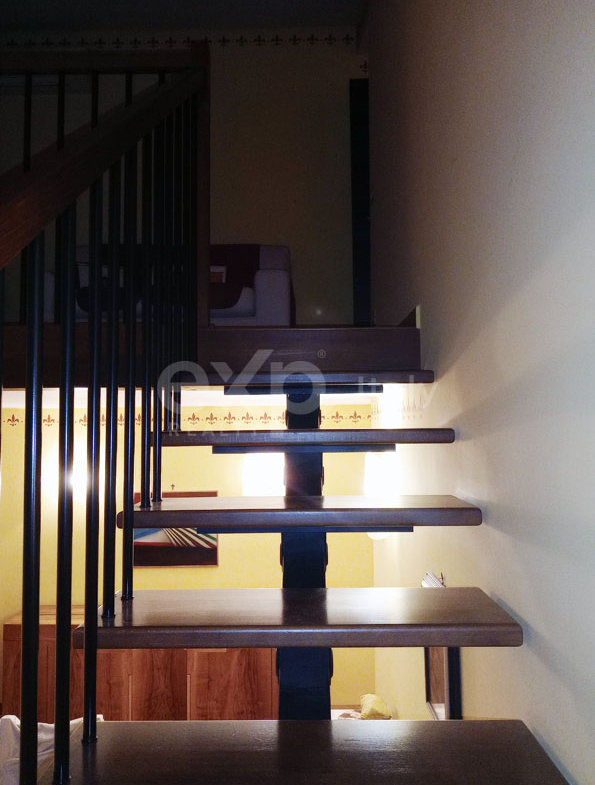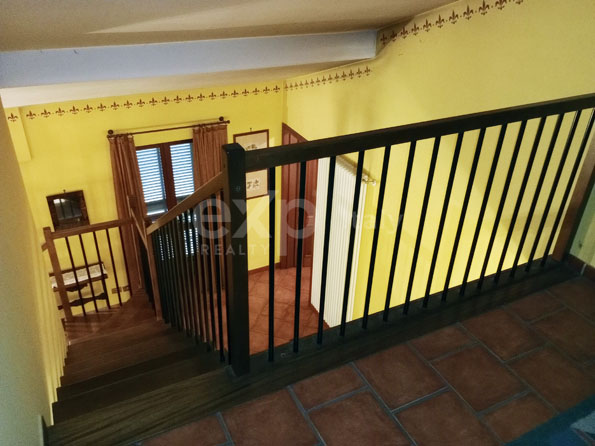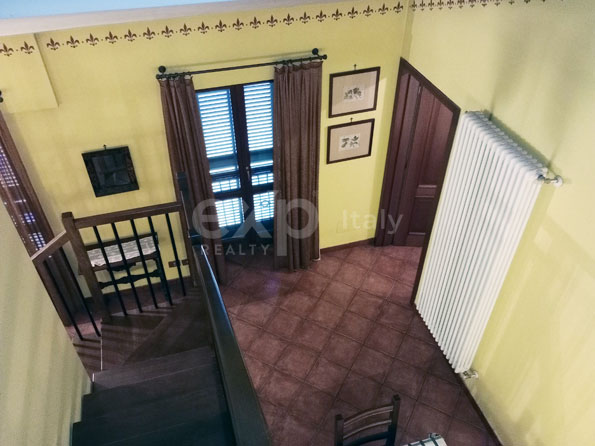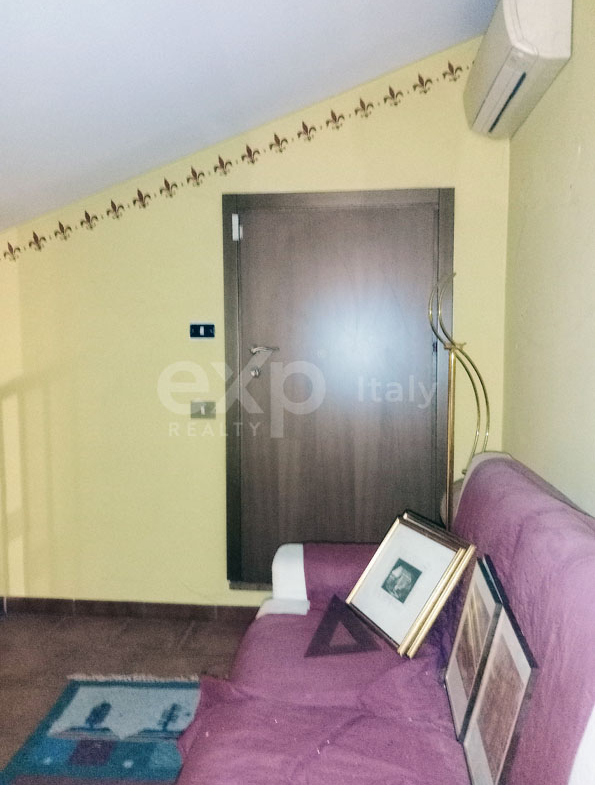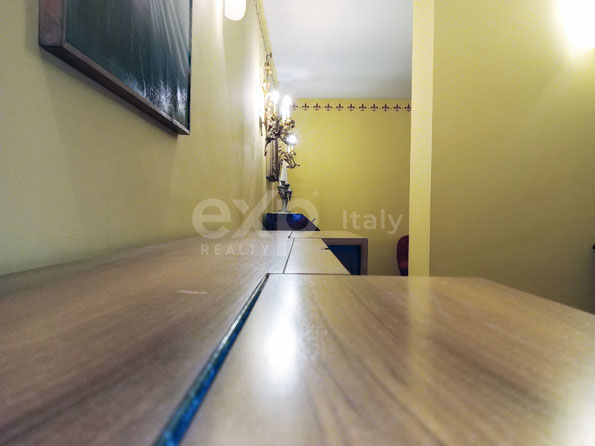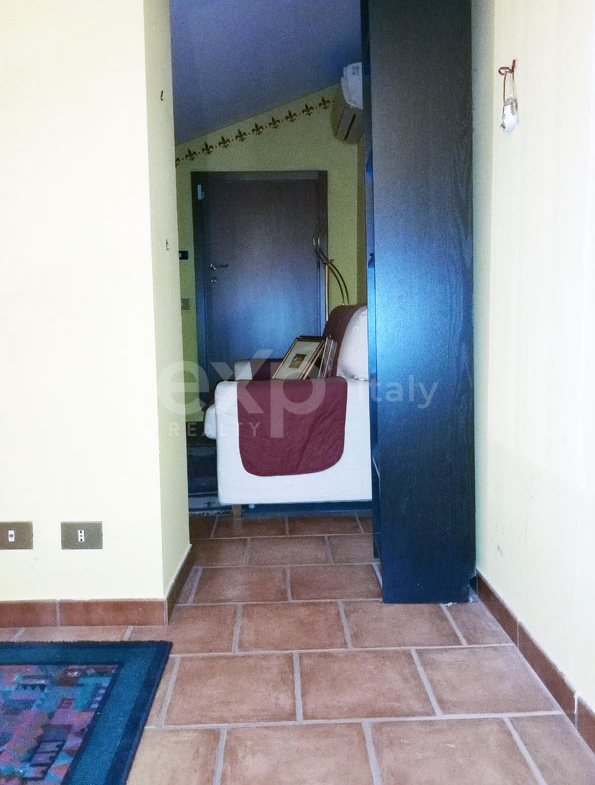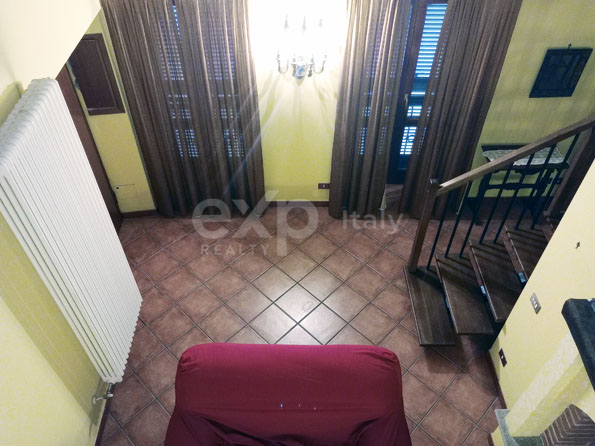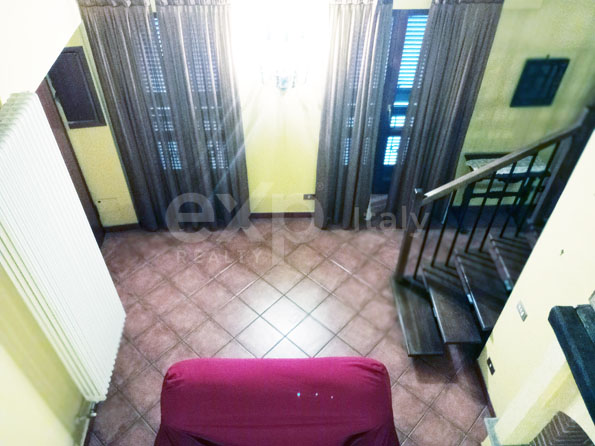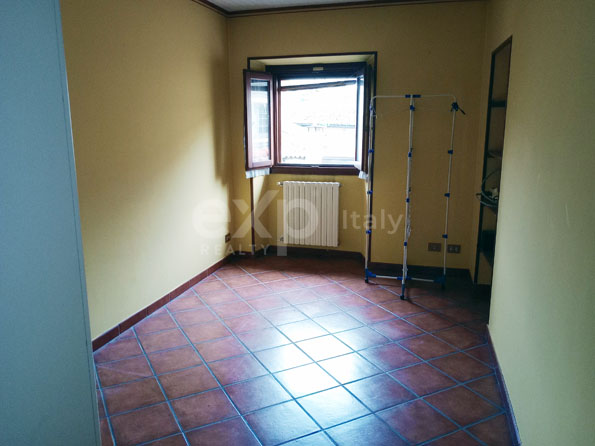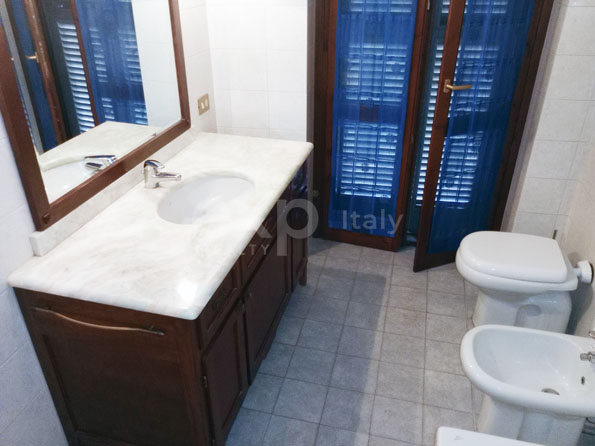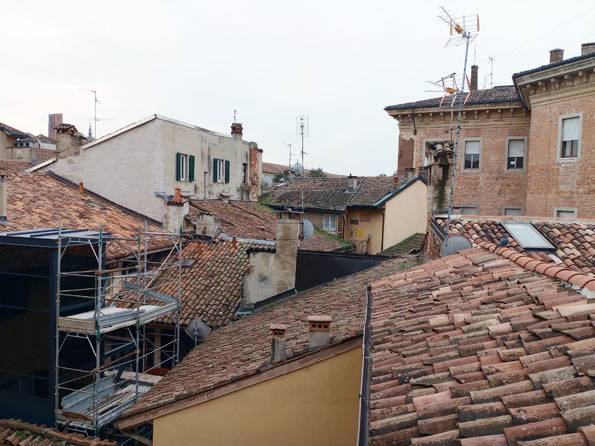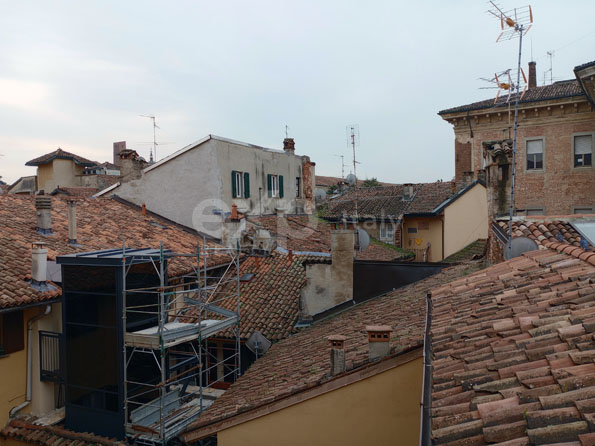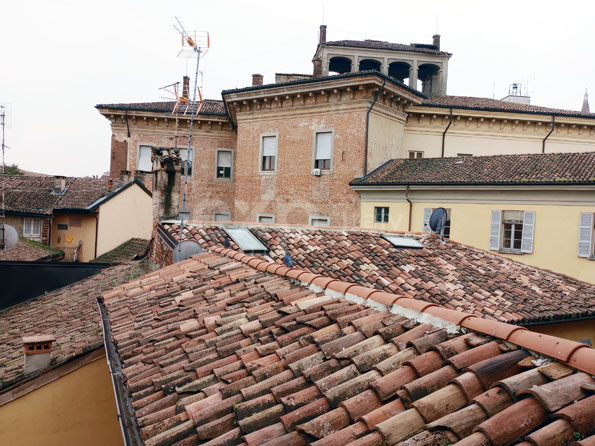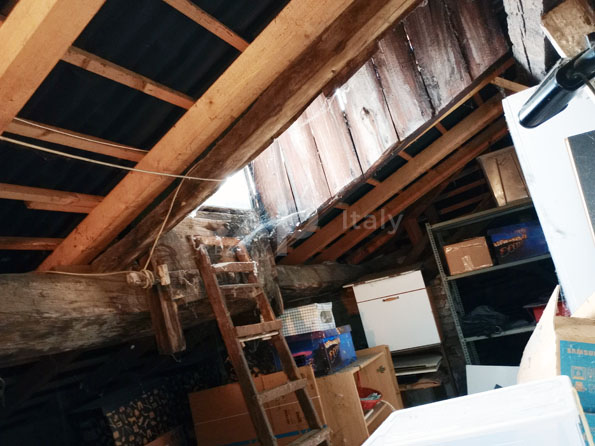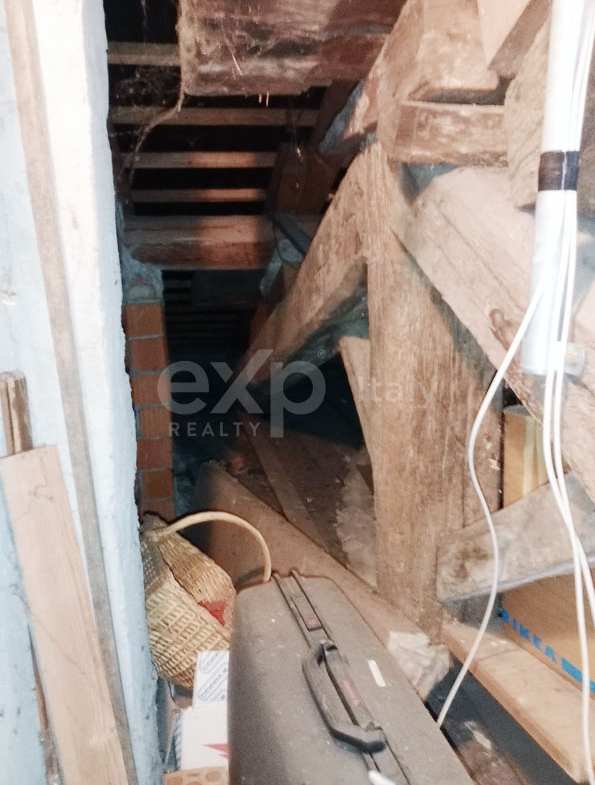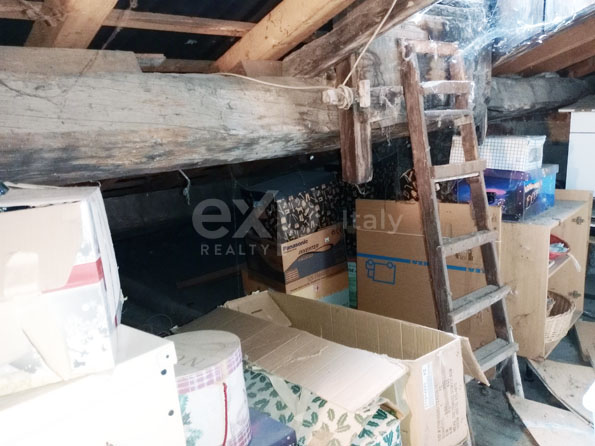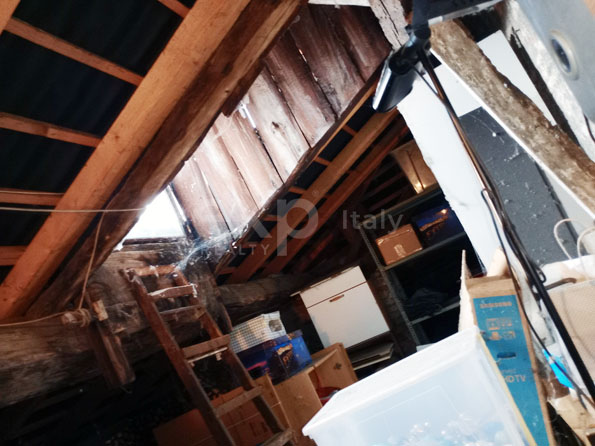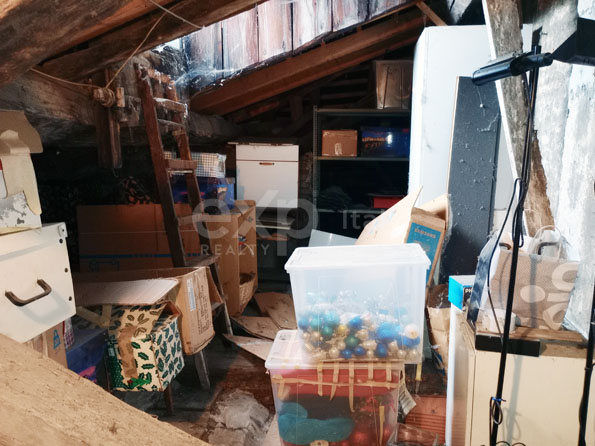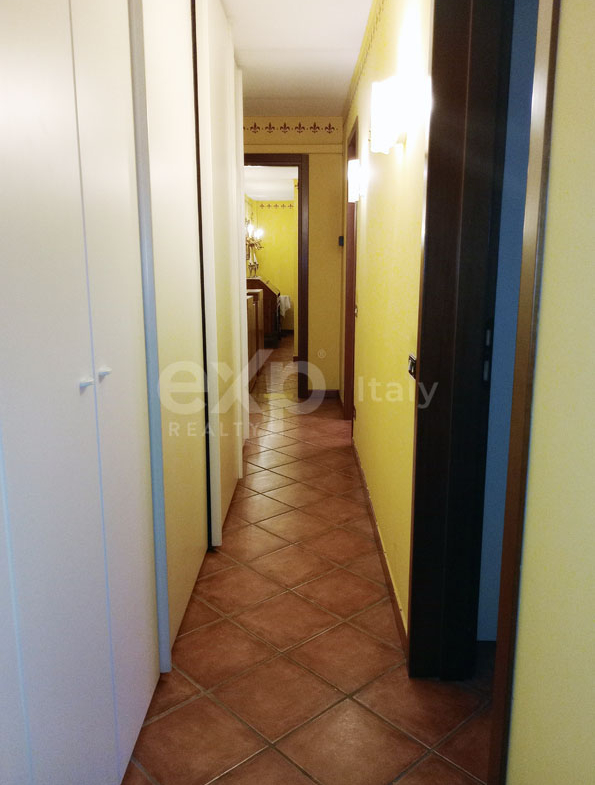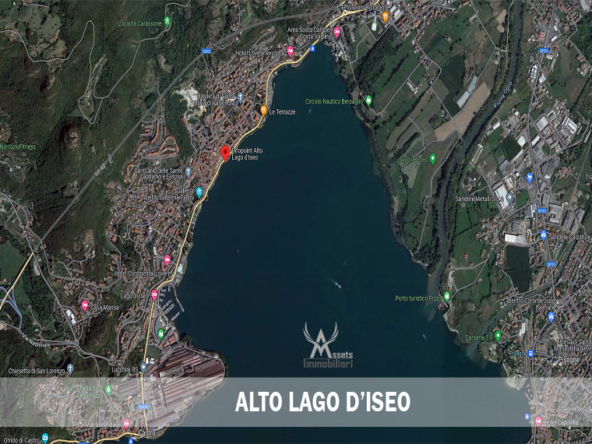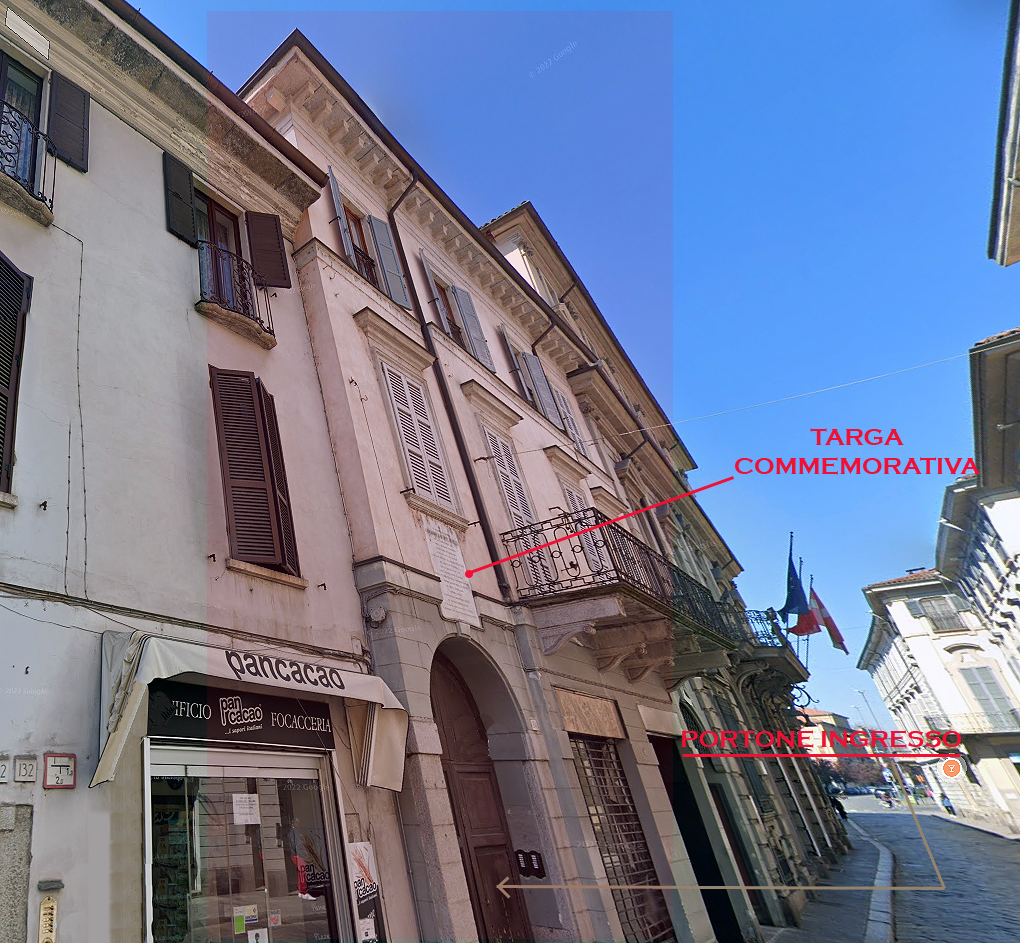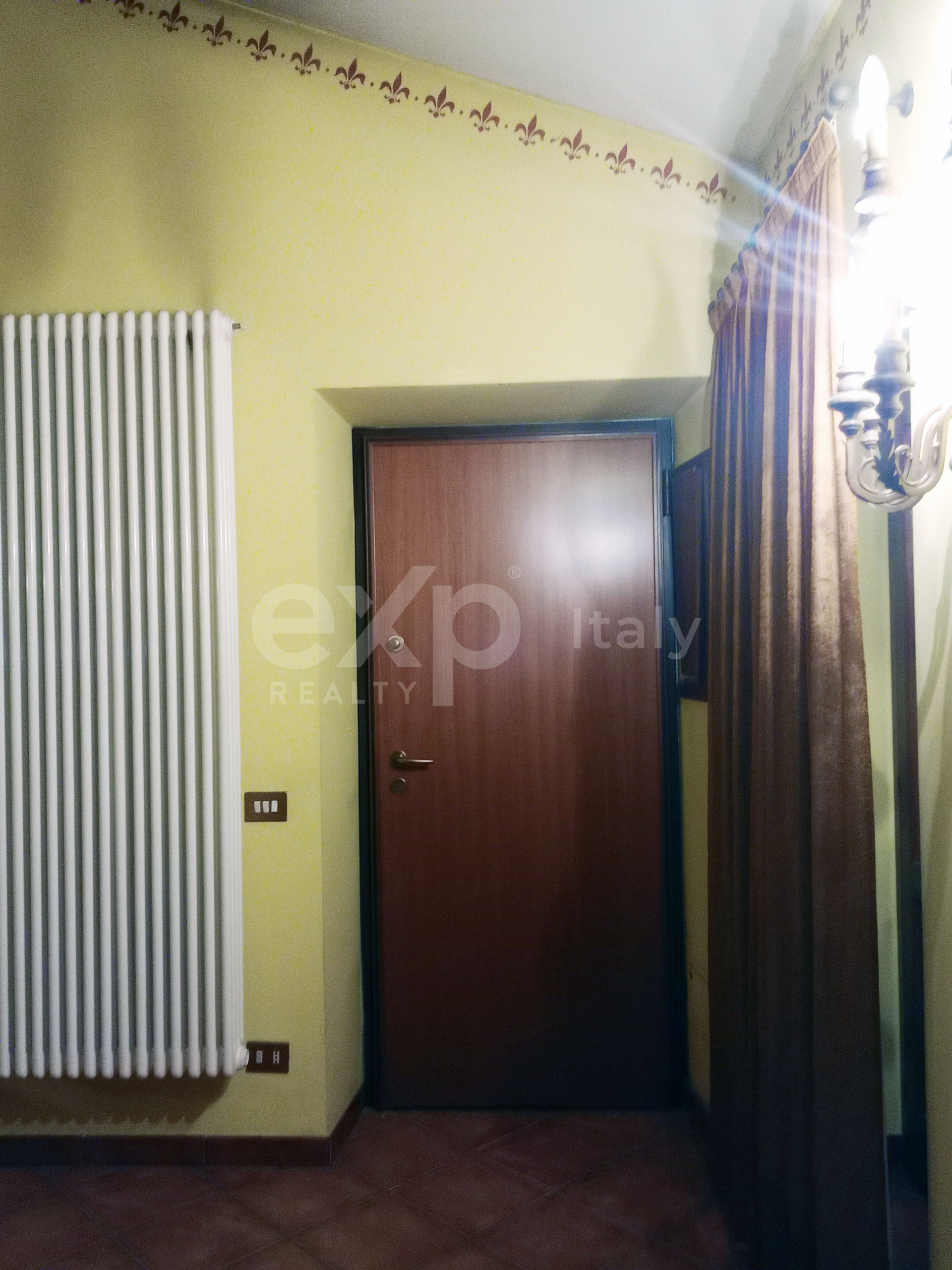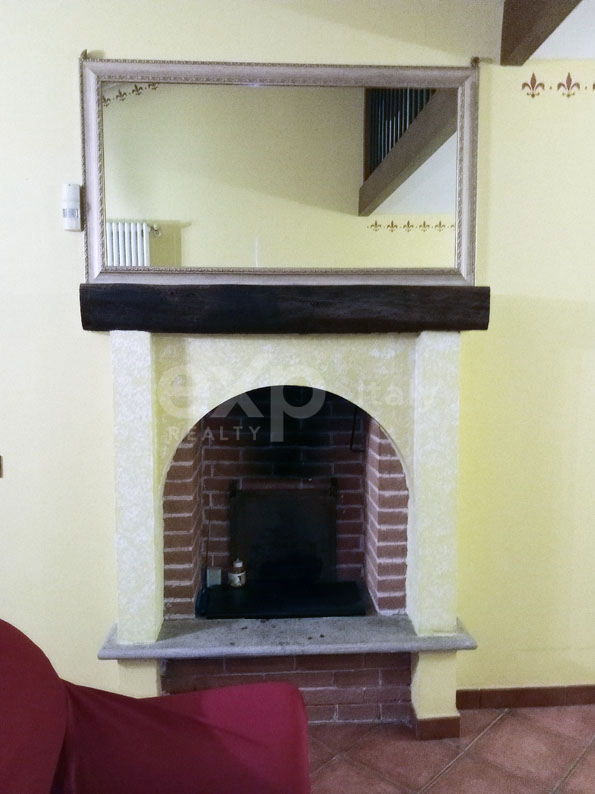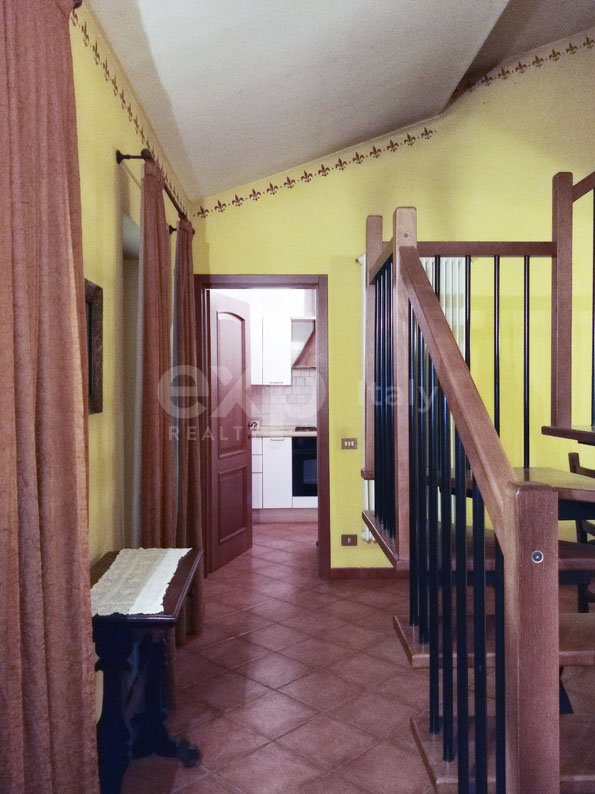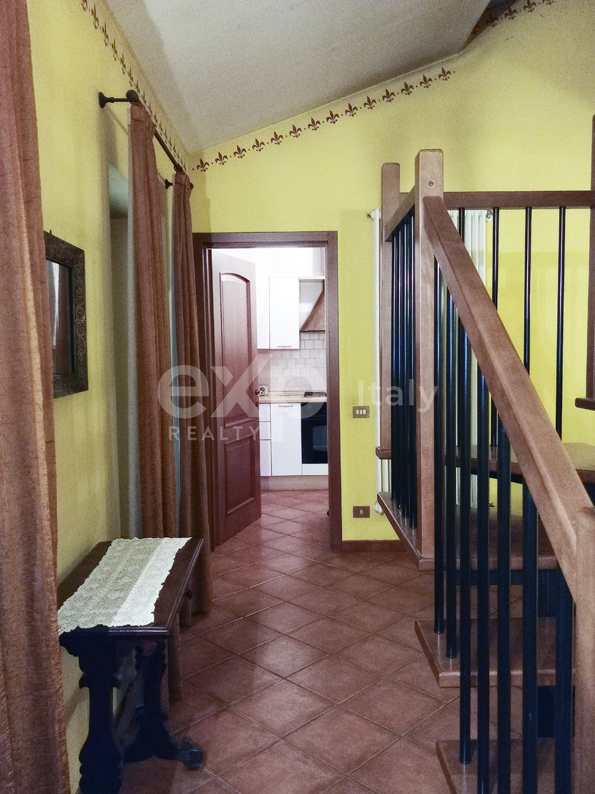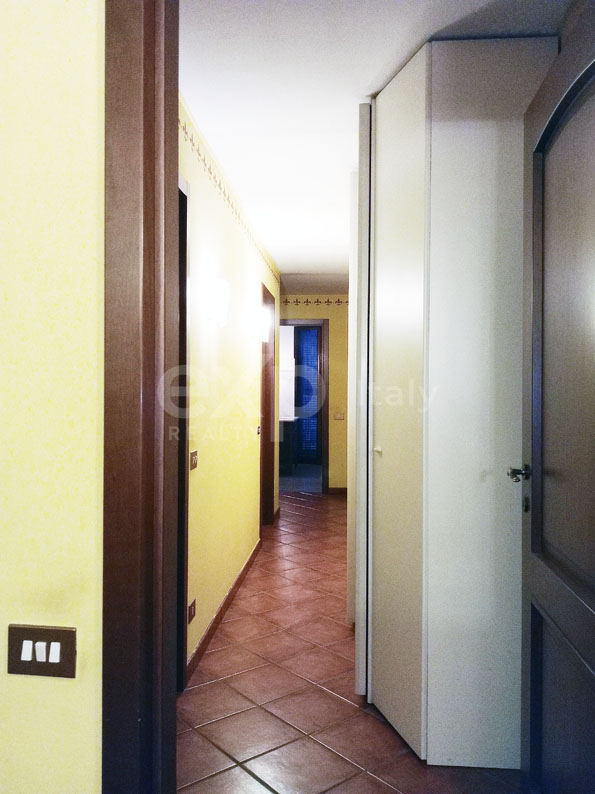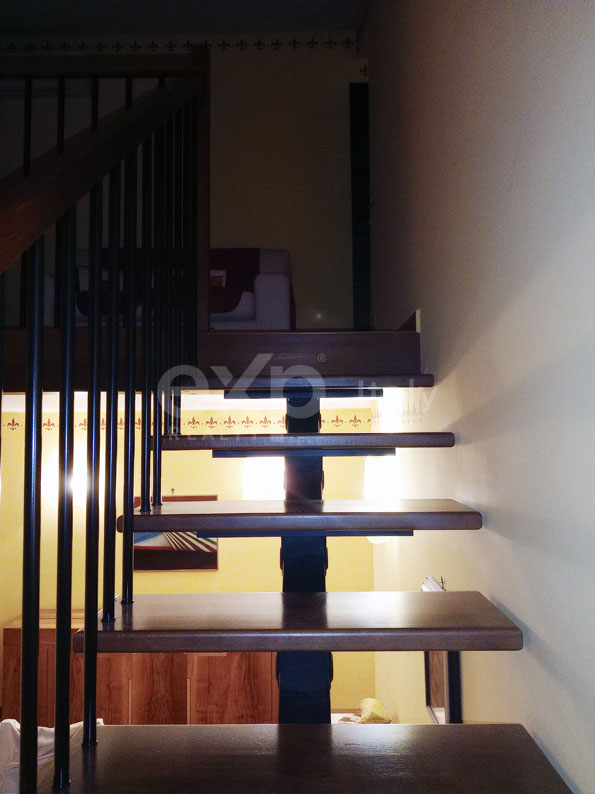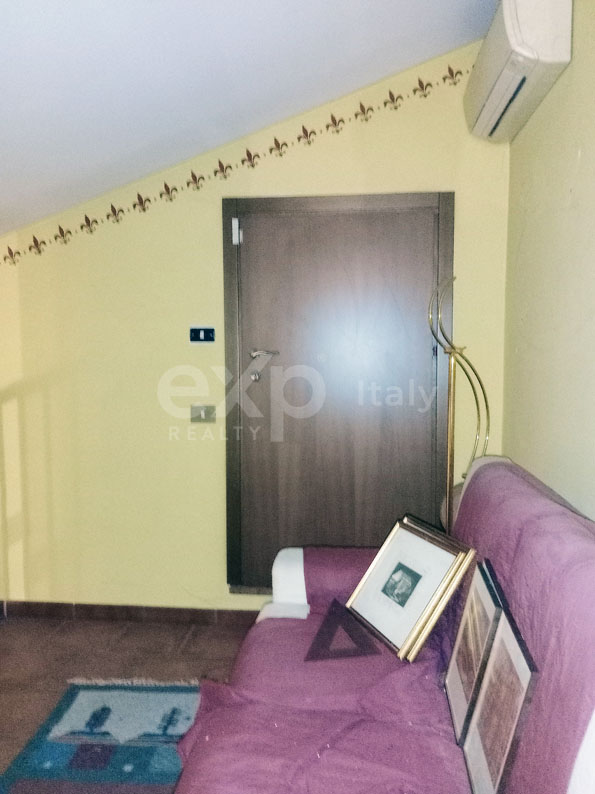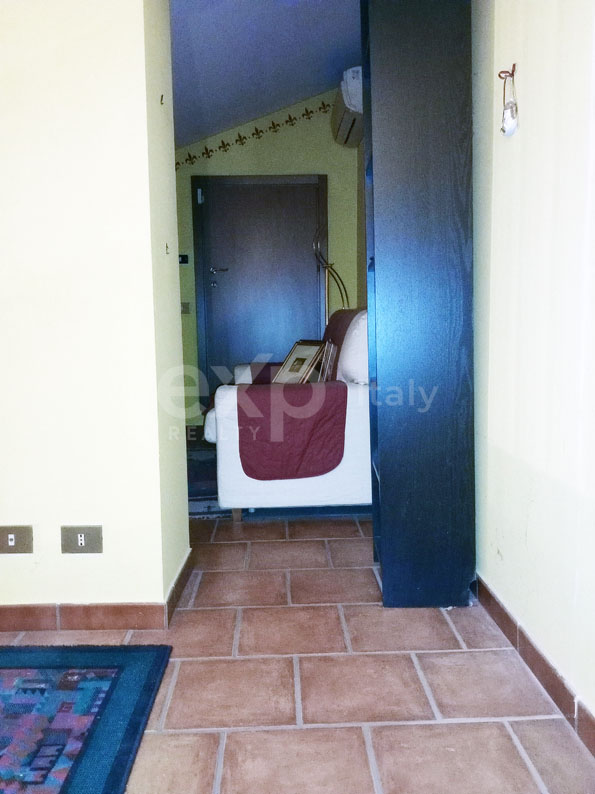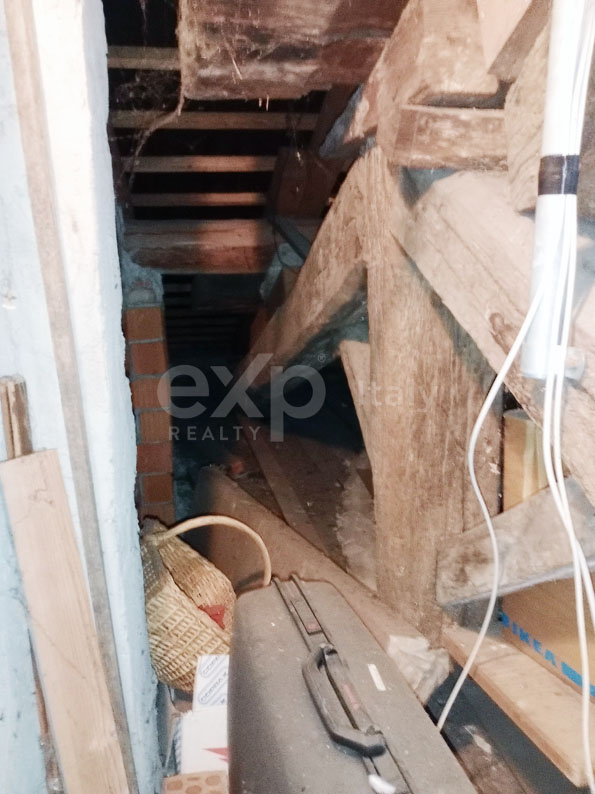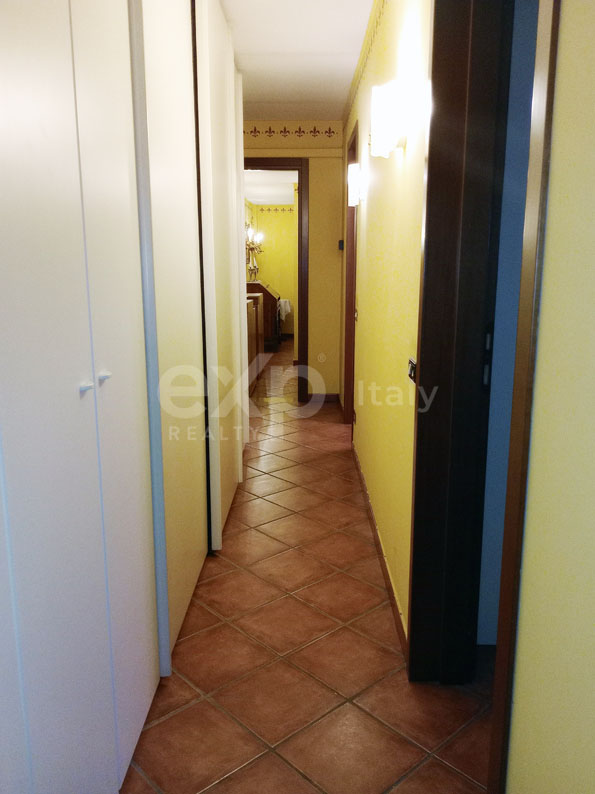Panoramica
- HZ0001VRA
- Appartamenti, Residential, Trilocale
- 2
- 2
- Posto Auto
- 127
- 1800
Descrizione
Siamo a Pavia in pieno centro storico, introvabile appartamento al piano secondo dello stabile fisicamente confinante con il celebre teatro Fraschini. Con ingresso dal cortile comune, nel quale troviamo per altro un introvabile e preziosissimo posto auto, l’appartamento offre uno splendido affaccio su tetti storici di pavia. L’immobile necessita di una lieve ristrutturazione riguardante la parte degli infissi esterni comprese le aperture. Un delizioso spazio soppalcato caratterizza uno degli ambienti mentre una porticina da l’ingresso ad uno spazio dal sapore ottocentesco tramite un ampio lucernario e le travature originarie. L’evidente dolcezza del prezzo richiesto, sottolinea la bontà della nostra proposta immobiliare, restituendo l’allure che merita, l’appartamento costituirà un assegno circolare in caso di rivendita. Rimaniamo a vostra disposizione per le informazioni del caso e per un doveroso sopralluogo. Grazie.-
LE INFORMAZIONI E LE IMMAGINI CONTENUTE SONO PURAMENTE INDICATIVE E NON COSTITUISCONO ELEMENTI CONTRATTUALI.
NOTA STORICA:
La fabbrica del Teatro
Il Teatro dei Quattro Nobili Cavalieri viene pensato per contrastare i capricci del nobile Giacomo Omodei, unico proprietario a Pavia di un teatro, signore bizzarro abituato ad imporre i propri privilegi anche al pubblico, costretto a sottostare a inutili imposizioni, come l’attesa dell’inizio dello spettacolo fino al suo arrivo.
Uniti in consorzio i quattro nobili (il Conte Francesco Gamberana Beccarla, il Marchese Pio Bellisomi, il Marchese Luigi Bellingeri Provera, e il Conte Giuseppe de’ Giorgi Vistarino) la spuntano e affidano il progetto ad Antonio Galli Bibiena, rappresentante di un’antica e prestigiosa famiglia di scenografi-architetti. Dopo solo due anni dalla commissione, nel 1773 il Teatro venne inaugurato con l’opera Demetrio, musiche di Giuseppe Mjslivečzek, libretto di Pietro Metastasio. Nel cast la famosa soprano Lucrezia Aguiari.
Il Municipio acquistò il Teatro nel novembre del 1869, intitolandolo ad un celebre tenore verdiano di Pavia, Gaetano Fraschini, ancora vivente all’epoca della dedica.
We are in Pavia in the historic center, an unobtainable apartment on the second floor of the building physically bordering the famous Fraschini theater. With entrance from the common courtyard, in which we also find an unobtainable and very precious parking space, the apartment offers a splendid view of the historic roofs of Pavia. The property requires a slight renovation regarding the external fixtures including the openings. A delightful mezzanine space characterizes one of the rooms while a small door gives entrance to a space with a nineteenth-century flavor through a large skylight and the original beams. The evident sweetness of the asking price underlines the quality of our real estate proposal, restoring the allure it deserves, the apartment will constitute a cashier’s check in the event of resale. We remain at your disposal for any necessary information and for a necessary inspection. Thank you.-
THE INFORMATION AND IMAGES CONTAINED ARE PURELY INDICATIVE AND DO NOT CONSTITUTE CONTRACTUAL ELEMENTS.
HISTORICAL NOTE:
The Theater Factory
The Theater of the Four Noble Knights was designed to counter the whims of the noble Giacomo Omodei, the only owner of a theater in Pavia, a bizarre gentleman accustomed to imposing his privileges even on the public, forced to submit to useless impositions, such as waiting for the start of the show until he arrives.
United in a consortium, the four nobles (Count Francesco Gamberana Beccarla, Marquis Pio Bellisomi, Marquis Luigi Bellingeri Provera, and Count Giuseppe de’ Giorgi Vistarino) prevail and entrust the project to Antonio Galli Bibiena, representative of an ancient and prestigious family of set designers-architects. Only two years after the commission, in 1773 the Theater was inaugurated with the opera Demetrio, music by Giuseppe Mjslivečzek, libretto by Pietro Metastasio. The cast features the famous soprano Lucrezia Aguiari.
The Municipality purchased the Theater in November 1869, naming it after a famous Verdi tenor from Pavia, Gaetano Fraschini, still alive at the time of the dedication.
Indirizzo
Apri su Google Maps- Indirizzo S.da Nuova, 134
- Città Pavia
- Stato/Paese Italia
- CAP 27100
- Paese Italia
Dettagli
Aggiornato su Giugno 2, 2025 a 7:30 pm- ID Proprietà: HZ0001VRA
- Prezzo: €. €.290.000,00
- Area: 127 mq.
- Stanze da letto: 2
- Stanze da bagno: 2
- Boxes: Posto Auto
- anno di costruzione: 1800
- Tipo di proprietà: Appartamenti, Residential, Trilocale
- Stato della propietà: For Sale
Caratteristiche
Calcolatrice Mutuo
- Capitale e interessi
- Imposta patrimoniale
- Assicurazione sulla casa
- PMI

